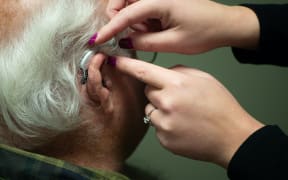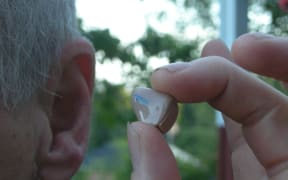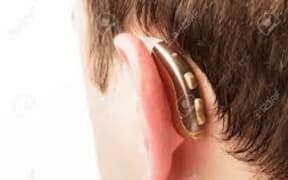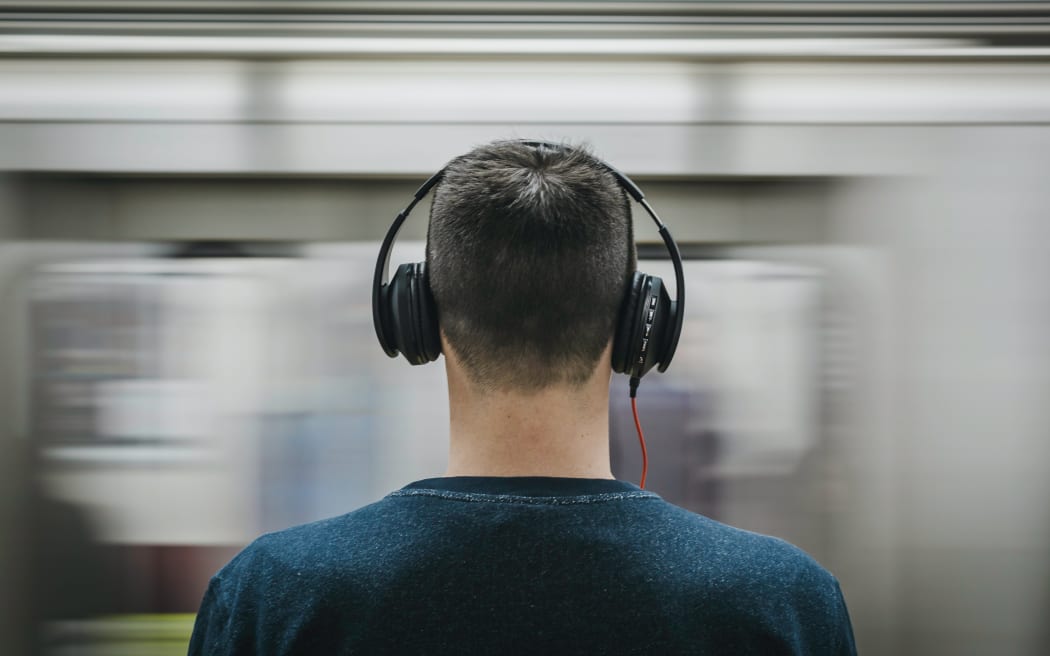
Professor David McAlpine says too much noise reduction comes with its own health warnings. Photo: Burst/Pexels
Noise cancelling devices are big business and are already worth US$13 billion, and it's no surprise as excess noise exposure is linked not only to hearing loss but increased risk of cardiovascular disease and depressive symptoms.
However, as the world around us seems to become increasingly noisy and we seek refuge in technology, experts are becoming increasingly concerned that noise-cancellation may have its own hidden problems.
It is thought that younger people are more at risk as earbuds become ubiquitous and a permanent feature when doing even the most mundane tasks. Of the 300,000 New Zealanders with hearing issues, it's unknown how many of these are not related to aging.
Professor David McAlpine is the academic director of Macquarie University Hearing in Sydney and he says too much noise reduction comes with its own health warnings.
Multiple studies have shown that constant earplug wearing, day and night, over just one week is enough to result in new-onset tinnitus.
How does it work?
McAlpine explains that noise cancellation works by screening out noises that are not directly in front of you. Algorithms use the microphones to screen out the ambient noise, usually low-level frequencies such as traffic noises.
The consequence is that this can also screen out other noises too.
"Noise cancelling was really about predicting and knowing what the noise background actually is, and one of the problems with noise cancelling technology.
"In hearing aids this is a particular problem because the technology assumes the person speaking to you is standing in front of you.
"They're cancelled out, they're removed, they're scrubbed, and that's a big assumption."
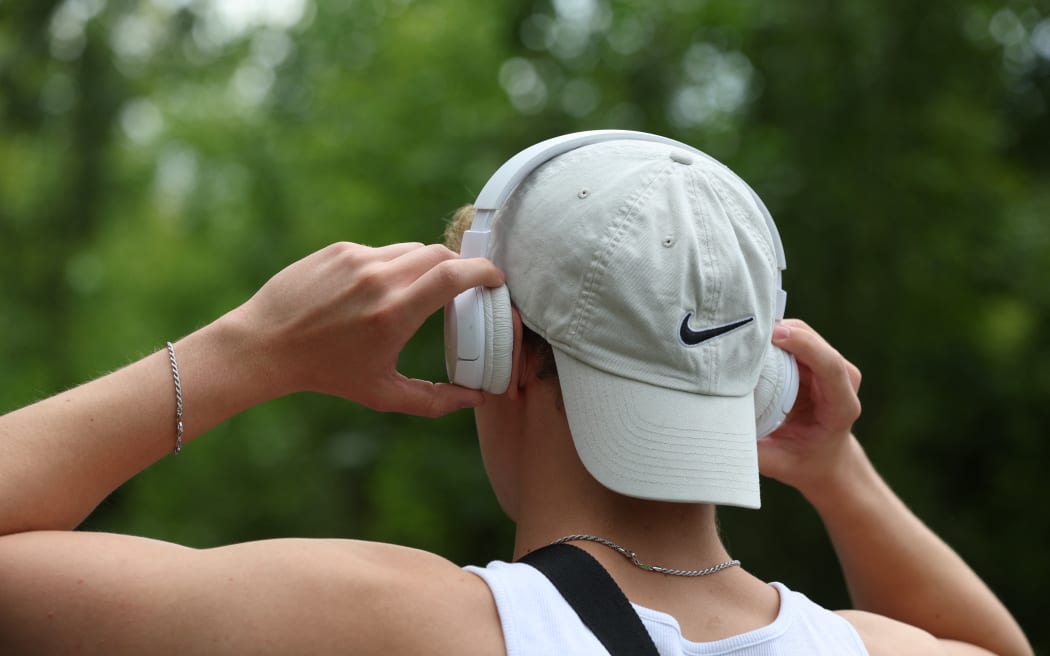
Photo: KARL-JOSEF HILDENBRAND / DPA / AFP
From ears to heart
Yet the range of loud sounds we are exposed to has become part of modern life and gig economy workers, such as the barista or delivery driver, can be exposed to ever increasingly louder sounds from multiple sources.
It's not just our ears that are at risk. All of this has a knock-on effect on our wider health, especially the heart.
"We think about noise now, which is damaging your heart. So we know that low level noise exposure well below the level that we actually think damages your inner ear causes an increase in cardiac events.
"There's clear evidence that nighttime noise exposure as well, even if it's 6570 decibels, which shouldn't be anywhere near damaging your inner ear, is actually increasing the risk of heart attacks and cardiac events as well.
"With every decibel it goes up there was something like a 1% increase in cardiac events and that is a huge difference. That's noise affecting your life in a way that isn't affecting your hearing."
So, cancelling out sound should be good, right?
Well, cancelling out noise whether through technology or with simple earbuds can have some consequences too.
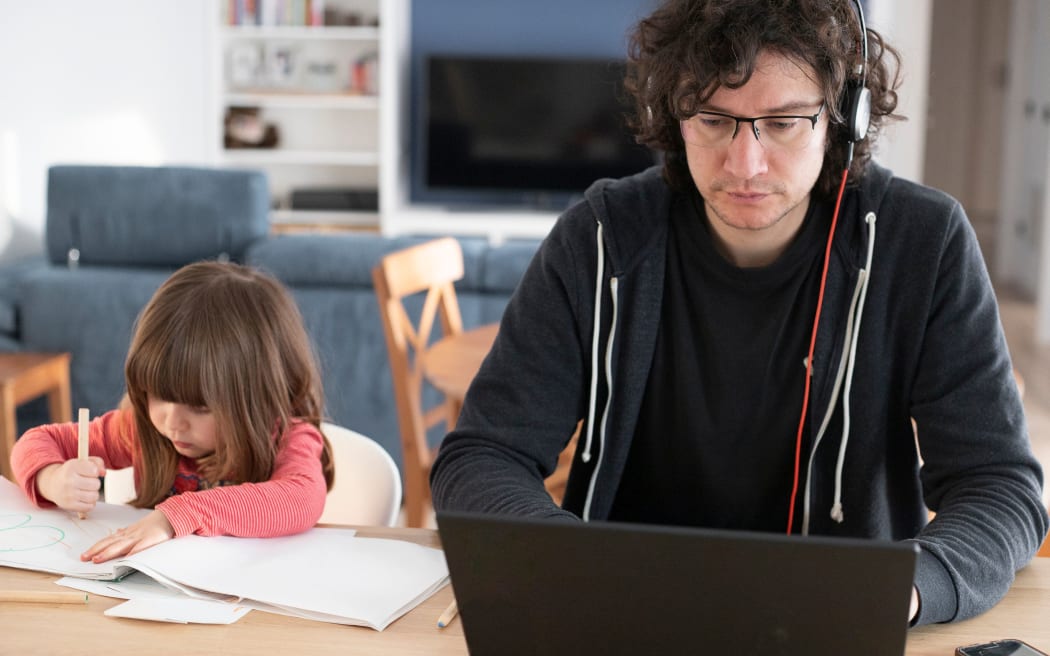
Photo: 123RF
McAlpine says, "Some people need earplugs. Earplugs aren't actually necessarily good for you.
"We do know that if you block out sounds that are supposed to be heard, you can get an elevation of your brain gain as it's called. It's a bit like the internal volume knob of the brain isn't picking up all the sound levels it thinks it should be, and it turns up the volume internally and increases the gain."
Research into sound suggests that our brains need some ambient sounds and that deadening quiets are not good for us either, and paradoxically is one of the drivers that leads to tinnitus.
"We got to understand that we are connected to our environments through sound, not just the sounds we actively perceive, but also the sounds that impact on our ears, which we kind of ignore but actually help us understand the room, help us listen to others, help us learn."
All this has an impact and intersects with sleep and a host of other related conditions like tinnitus and ADHD.
McAlpine says that using noise cancelling devices for prolonged periods essentially disrupts the natural way in which our brains cope and interpret sound, whether while we are asleep or going about our daily routines.
While the full effects of hearing and sleep are not fully understood, researchers are collaborating to see if there are links.
For McAlpine there's a wider point about using technology to drown out sounds for long periods of the day.
He argues that in some ways by people creating different sound environments for themselves - a sort of VR for the ears - it means that we are not thinking about how best to build the right kind of built environments.
"From the economic perspective, how we've constructed our environments and we retrofit, we retrofit our sound systems, we retrofit our noise cancelling.
"We don't spend the money and we know that architecture always gets waylaid and ergonomic oral architecture gets waylaid by cost. So, when the first thing to go on the budget line is the sound environment and the exploration and damping of noise is the first thing to go in the budget."
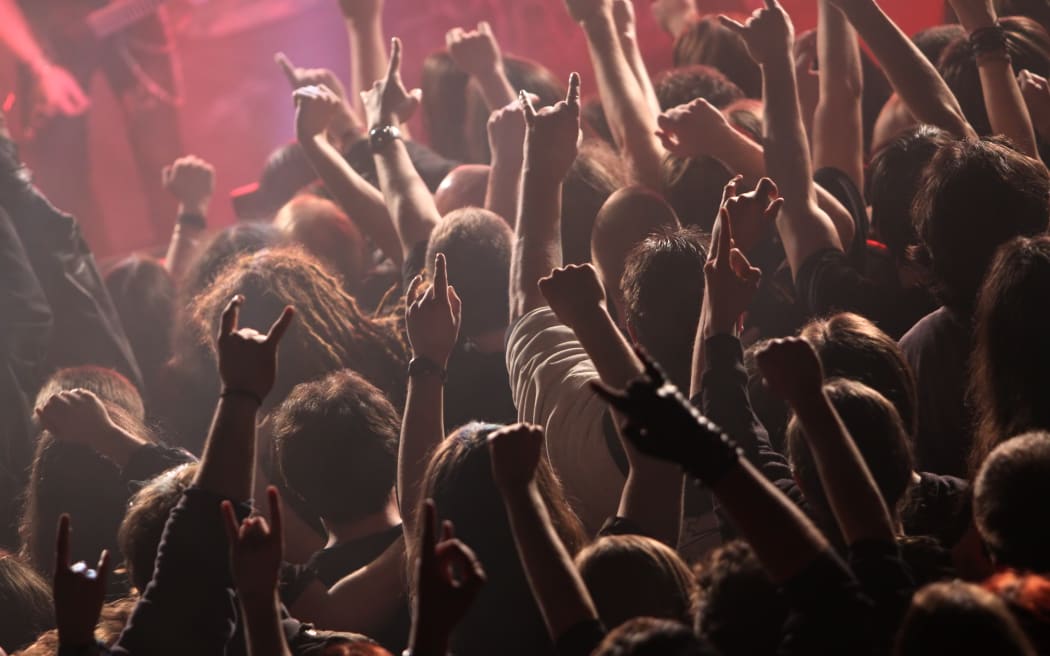
Photo: 123RF
The future
While the picture painted may look depressing there is hope. Therapeutics for hearing loss and ways of building better sound environments are being looked at more seriously.
McAlpine explains how gene therapy is being explored to help restore hearing in a pilot population of children which could have benefits for all of us.
"So, a pill for hearing might be one that protects you when you go to the gig, a pill for hearing might be one that you actually take after you've been to a noisy place or a concert that actually would restore the cells in your inner ear before they start to go into this journey into damage.
"Or it might be a gene therapy that you give in utero when we know that, you know, childhood hearing loss."
For McAlpine the advice is clear, not all noise and exposure is bad.
"It's rather a balance between the noise we cancel out and the ones we shouldn't be afraid to put up with. Loud and prolonged sounds are a danger but cutting ourselves off from the sounds of our noisy children or the hum of the neighbours mower might do just as much harm.
"In the end noise cancelling technology can be helpful and avoid prolonged use."
